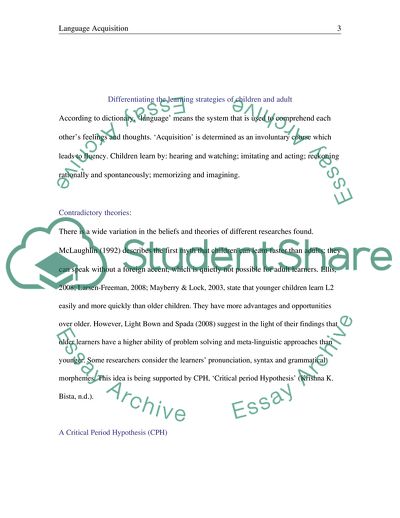Cite this document
(Are Children Better In Learning Second Language Than Adults Article, n.d.)
Are Children Better In Learning Second Language Than Adults Article. https://studentshare.org/education/1735982-language-acquisition
Are Children Better In Learning Second Language Than Adults Article. https://studentshare.org/education/1735982-language-acquisition
(Are Children Better In Learning Second Language Than Adults Article)
Are Children Better In Learning Second Language Than Adults Article. https://studentshare.org/education/1735982-language-acquisition.
Are Children Better In Learning Second Language Than Adults Article. https://studentshare.org/education/1735982-language-acquisition.
“Are Children Better In Learning Second Language Than Adults Article”. https://studentshare.org/education/1735982-language-acquisition.


